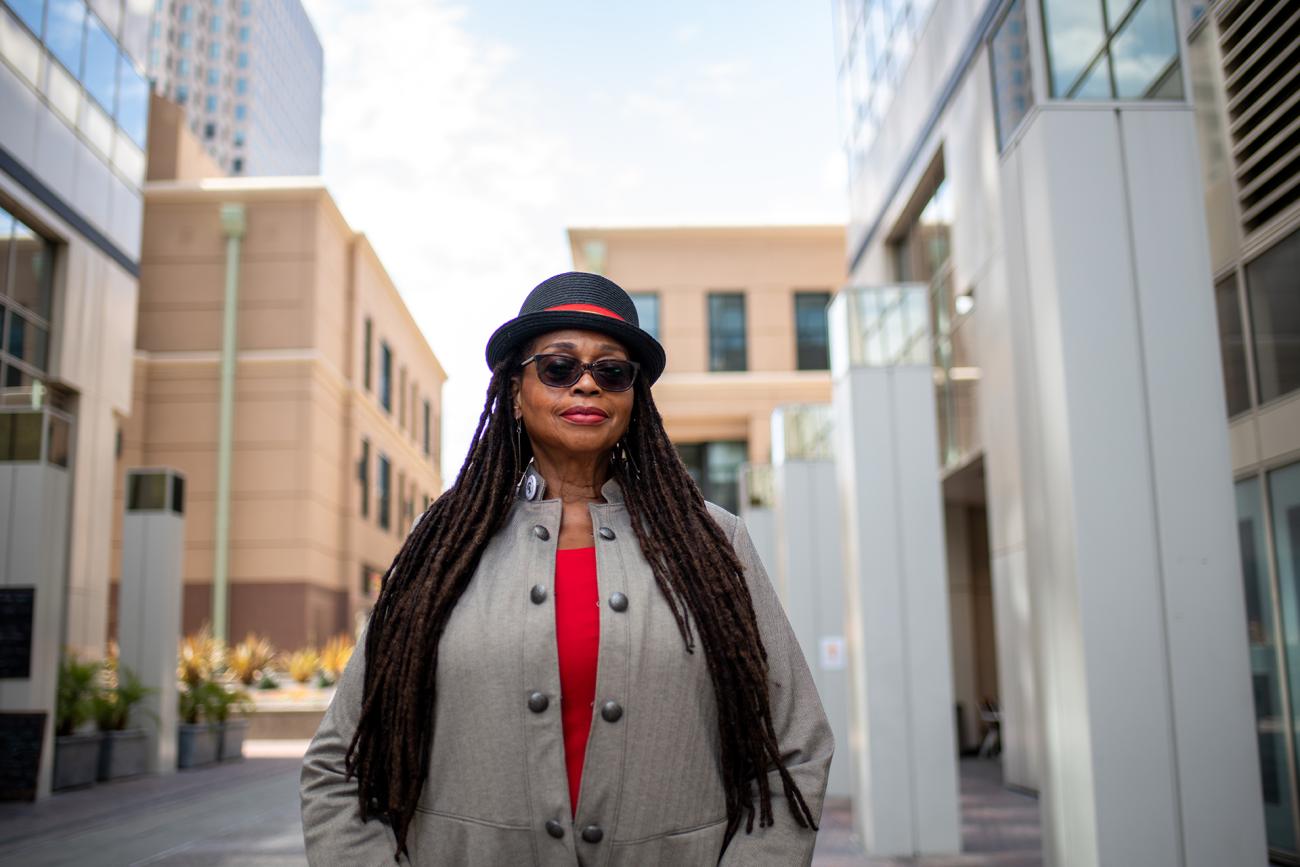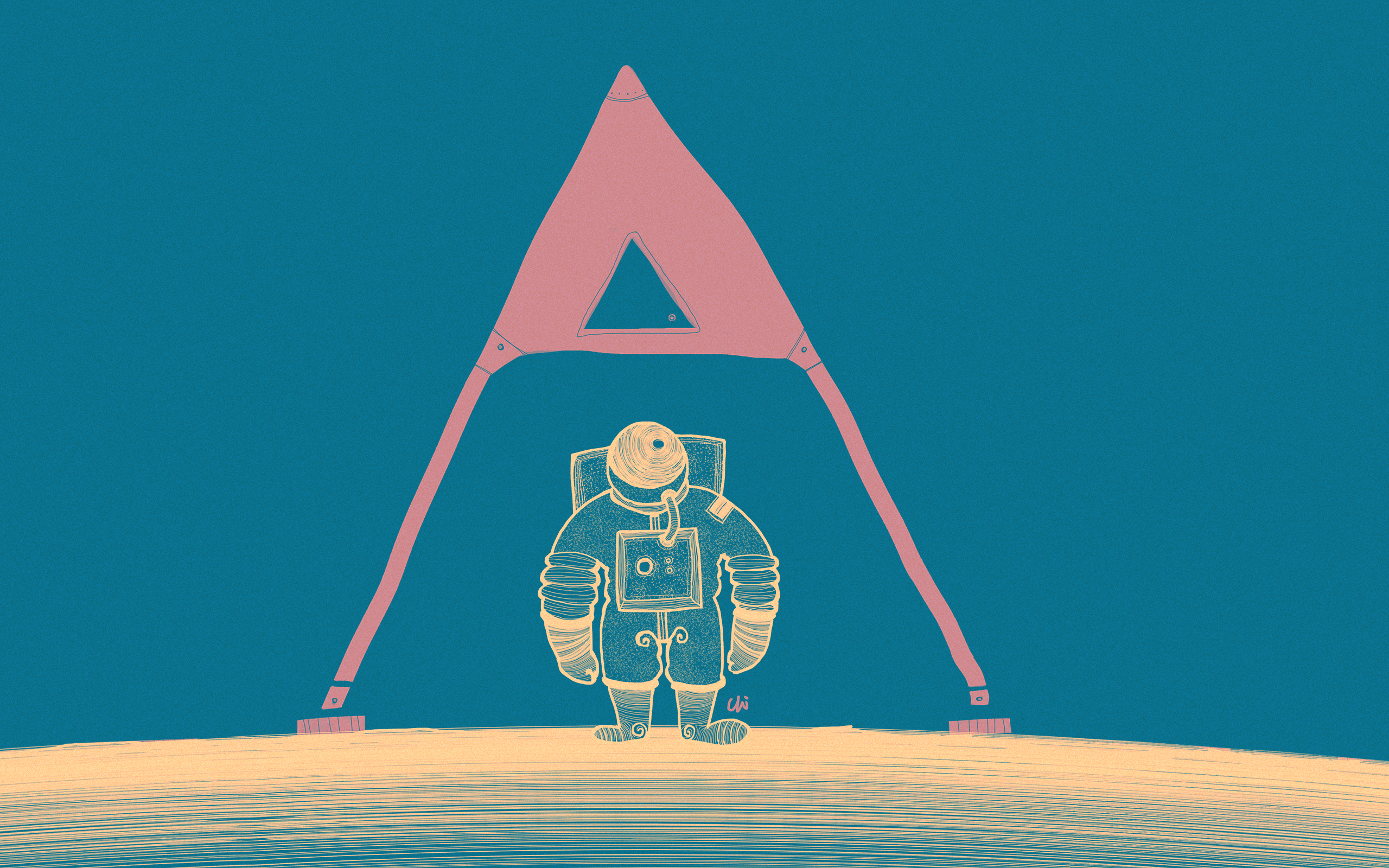Ayodele Nzinga
About
Ayodele Nzinga is a multi-hyphenated artist; a brilliant actress, producing director, playwright, poet, dramaturg, performance consultant, educator, and community advocate. She is the director of the Lower Bottom Playaz, Inc., Oakland's oldest North American African Theater Company and founder of Lower Bottom Playaz Summer Theater Day Camp. She is co-founder of Janga’s House a Black Women Arts collective and a founding member of BlacSpace Collective. She is the Executive Director of the Black Arts Movement Business District Community Development Corporation, of Oakland, (BAMBD CDC); and founder and producer of BAMBDFEST International Biennial a month-long arts and cultural festival animating the Black Arts Movement Business District in Oakland CA. Nzinga holds an MFA in Writing and Consciousness; a Ph.D. in Transformative Education & Change; is a Cal-Shakes Artist Investigator Alumni; a San Francisco Foundation Arts Leadership Fellow; a member of the Alameda County Women’s Hall of Fame; recognized by Theater Bay Area as one of the 40 faces in the Bay that changed the face of theater in the Bay Area; is recognized by the August Wilson House as the only director in the world to direct the complete August Wilson American Century Cycle in chronological order; a YBCA 10 Fellow, a BIPOC Circle Fellow and a VOICES Community Journalism Fellow. Nzinga is the inaugural Poet Laureate of Oakland CA. Nzinga's work for the stage has been reviewed internationally. Her blog is read in 81 countries. She is the author of Preforming Literacy a Narrative Inquiry into Performance Pedagogy, The Horse Eaters, SorrowLand Oracle, and Incandescent and her work can be found in numerous journals and anthologies. Nzinga, a cultural anchor, is part theoretician and part partitioner. She describes herself as a cultural architect invested in creating structures for culture making.



